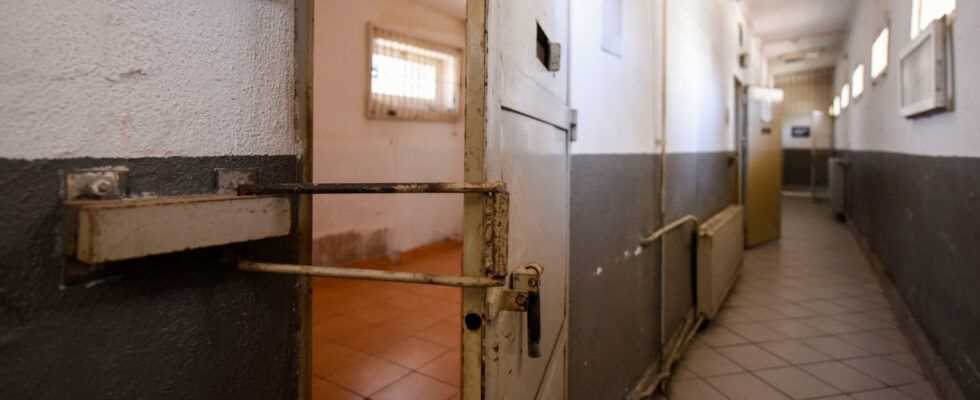Vincent Hervouet
, modified at
10:48 a.m., December 21, 2021
An unprecedented transaction for the Scandinavian kingdom which questions. Denmark on Monday signed a declaration of intent with Kosovo, a small Balkan country, to send 300 detainees to prison for 15 million euros annually. In Europe Morning Tuesday, the editorialist Vincent Hervouet returned to this fact of the news by stressing that the Danish authorities want to limit prison overcrowding, but also to send a clear signal to future foreign nationals sentenced to expulsion from Danish territory.
The agreement between two ministers of justice
A Minister of Justice in prison is an event. It is rare that he does this in handcuffs. Most of the time, he has just been appointed to the government. He makes a point of introducing himself to the prison staff and that makes the animation for the prisoners. But two ministers of justice and both of the left, who together visit a prison made for convicts from both countries. We had never seen that. Even the Franco-German couple never thought of it. And yet this is what will happen on Tuesday in Gjilian. It is a bunker surrounded by watchtowers on the hillside, 50 kilometers from Pristina, the capital of Kosovo. Denmark on Monday signed a letter of intent with the rump state of the Balkans to send 300 detainees there. Not Danes, foreigners, who will go there to finish serving their sentence.
The same conditions of detention as in Denmark
There is no beach in Kosovo to accommodate Scandinavians on vacation, but the country has prisons and a very long history of delinquency. He will cash 210 million euros in ten years to lock up 300 detainees, who will be held offshore under the same conditions as in Denmark, but without ever returning there since they were sentenced to deportation after having served their sentence. History does not say how the authorities in Kosovo will go about getting Turkey, Pakistan, Somalia, etc., to take back their nationals. But to tell the truth, it is the least of the Danes’ worries. What they want is just to get rid of it.
Apply without complex the double penalty
At the start of the year, there were 4,000 inmates. By 2025, there should be 5,000. The Social Democrats are therefore unblocking 540 million dollars to build high security prisons for hardened criminals. At the moment, there is 100% occupancy. This is the full rate. We dream of it in France, where it is overcrowded, with overbooked prisons and tens of thousands of people sentenced to prison awaiting incarceration. The other argument is the lack of supervisors. Limiting the number of detainees alleviates the pressure on the guards. And it is true that there are recruitment problems in Denmark.
But the kingdom is best known for its open prisons. They are reserved for those serving sentences of less than five years. They have the right to wear their clothes, to prepare their meals, to receive visitors and there is no fence. This is the model that the Scandinavians like to put forward. It does not apply to long sentences, repeat offenders, terrorists, dangerous prisoners, those with psychiatric problems. For that, we need space and therefore send deportable foreigners to hell.
A clear signal to nationals
In fact, the real reason for the relocation to Kosovo was given by the Danish Minister of Justice. This is a clear signal to third country nationals sentenced to expulsion. “Your future is not in Denmark and therefore you must not serve your sentence there.” Ultimately, it is a question of applying without complex the double penalty, of expelling the undesirable ones, of subcontracting the problem of readmission and, in fine, to protect the Danish model which is reserved for Danes and foreigners who have integrated. The agreement between the two leftist governments has yet to be submitted to the two parliaments.
